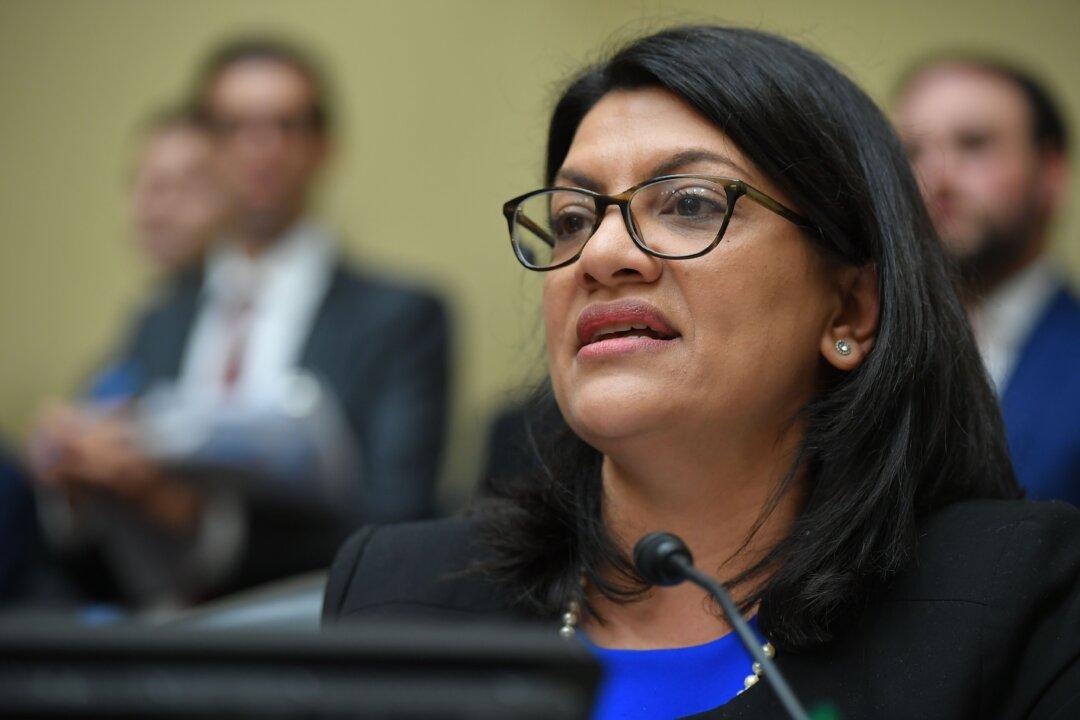Rep. Rashida Tlaib (D-Mich.) introduced a resolution on March 27 that would task the House Judiciary Committee to “inquire whether the House of Representatives should impeach Donald John Trump, President of the United States of America.”
The inquiry would have the power to issue subpoenas and take affidavits and depositions, while getting funds from the House accounts in “sums as may be necessary to assist the Committee on the Judiciary in conducting the inquiry under this resolution, any of which may be used for the procurement of staff or consultant services.”





